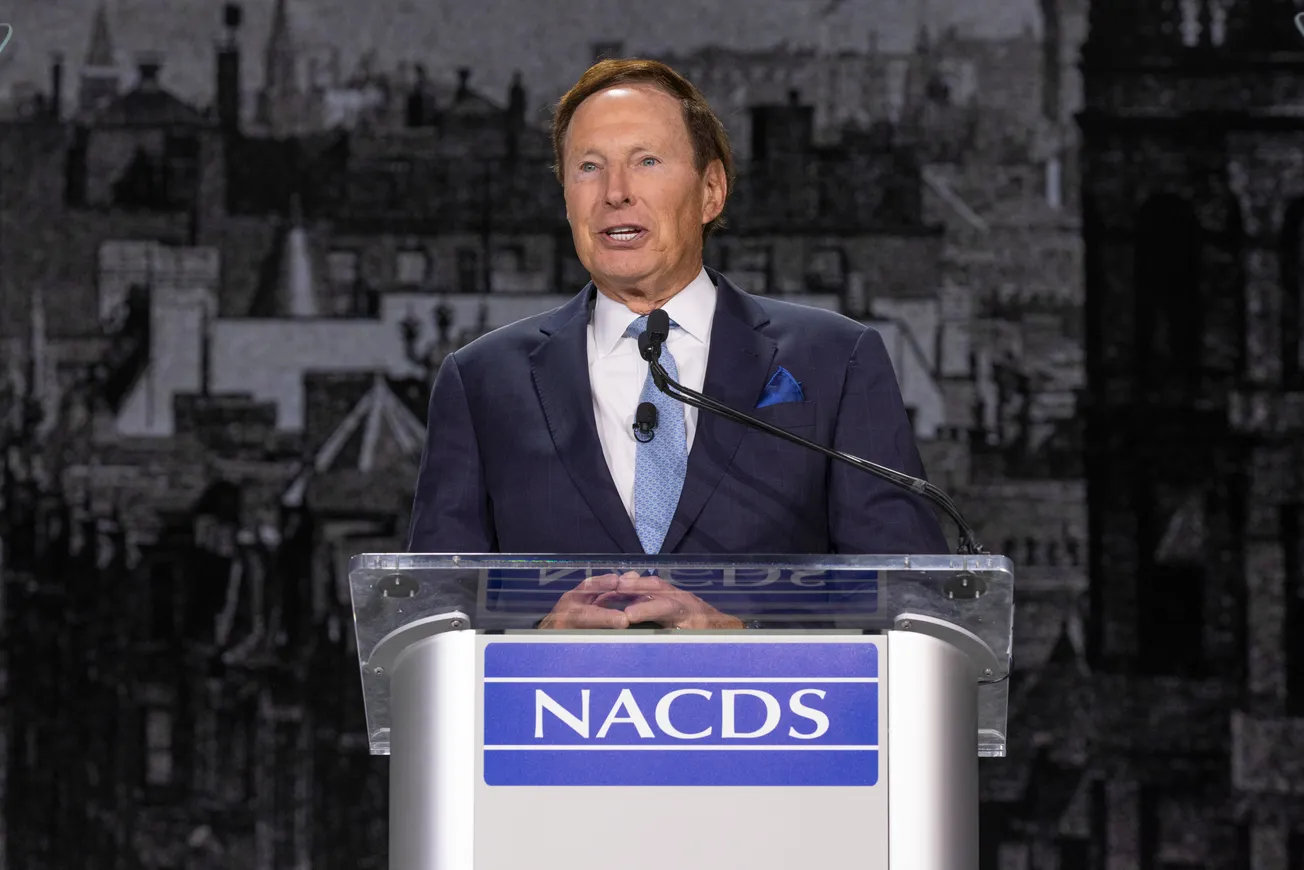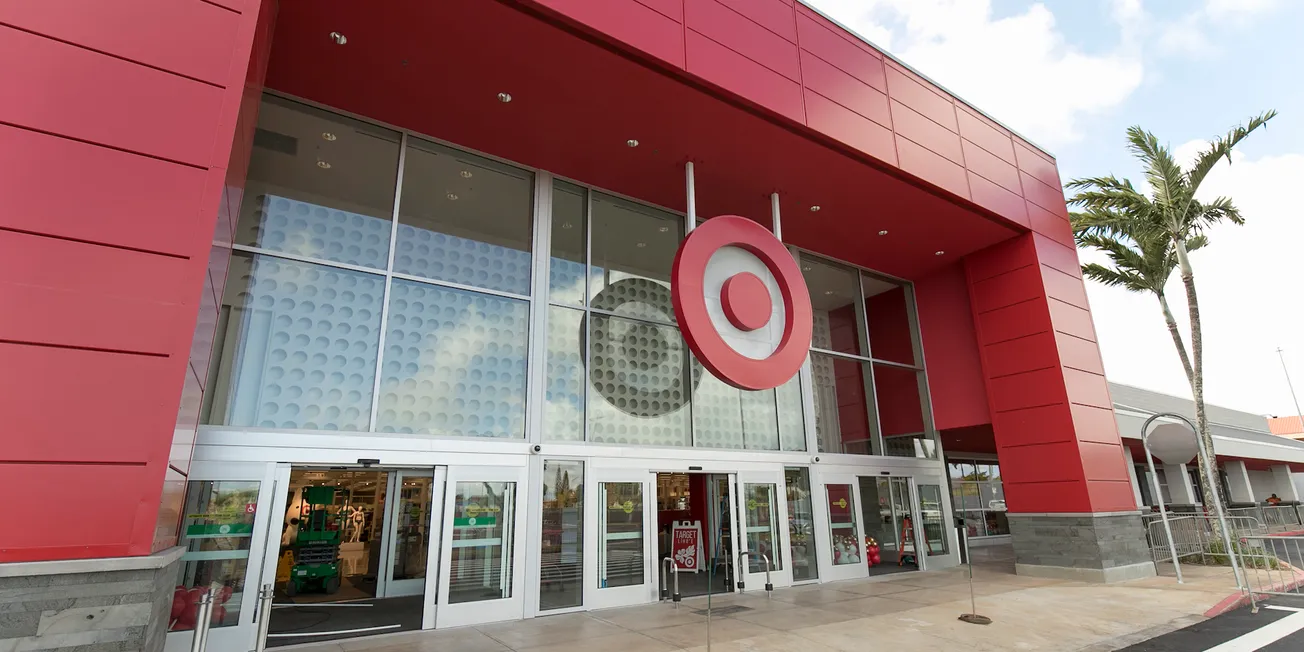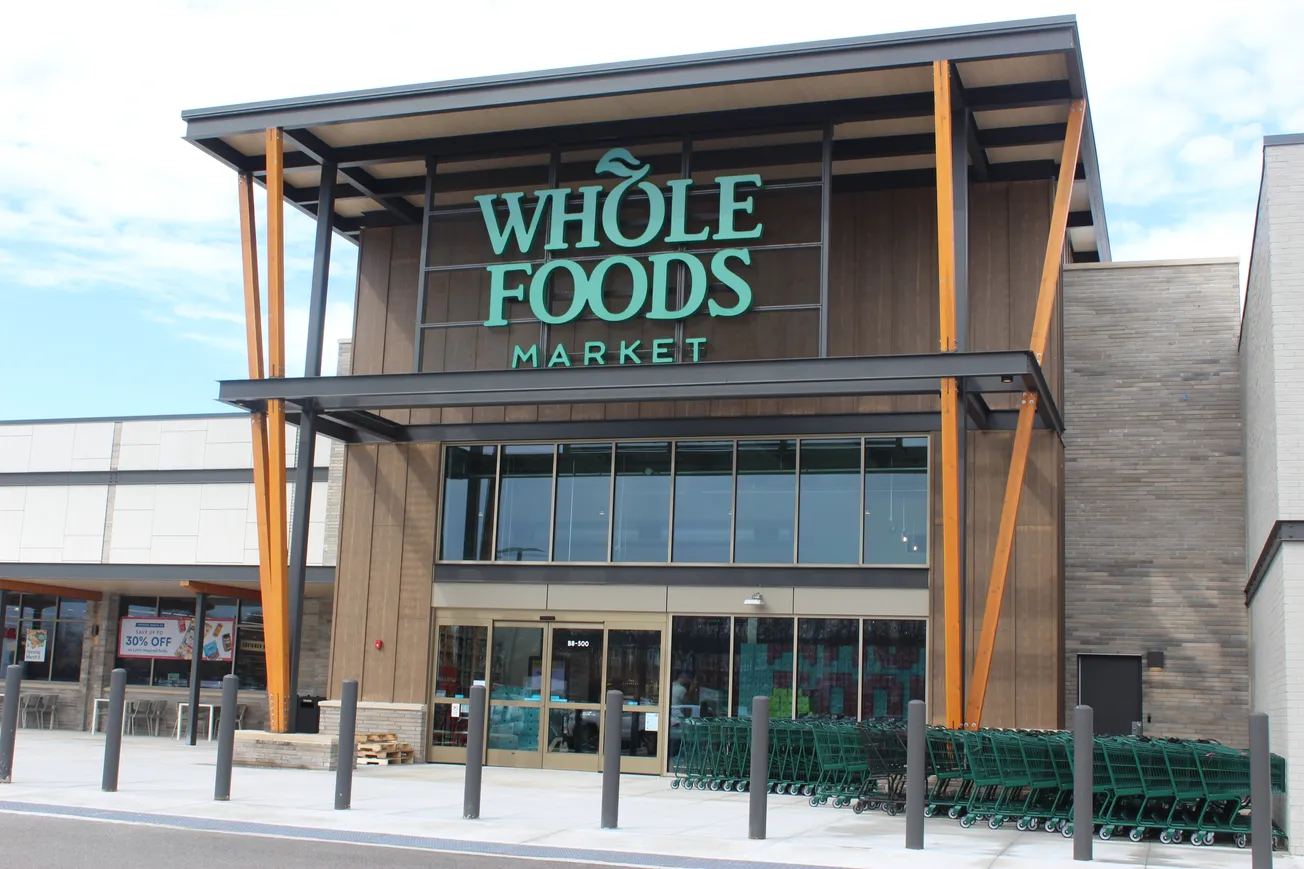WOONSOCKET, R.I. — CVS Health missed first-quarter expectations and lowered its fiscal 2024 outlook as increased medical costs hurt its Medicare Advantage business.
Its revised outlook assumes that the higher medical costs in its insurance business will persist throughout the year, the company said May 1.
CVS owns health insurer Aetna, which, like other insurers, has seen Medicare Advantage as a growth driver. But costs have been rising as more patients schedule medical procedures they had put off during the pandemic.
The company’s medical benefit ratio — the percentage of medical premium revenue paid out as benefits — increased to 90.4% from 84.6%, and adjusted operating income in the segment declined to $732 million from $1.82 billion in the comparable period a year earlier.
Karen Lynch, chief executive officer at CVS Health, said that the current environment does not diminish the company’s long-term earnings power.
“We are confident we have a pathway to address our near-term Medicare Advantage challenges,” Lynch said. “We remain committed to our strategy and believe that we have the right assets in place to deliver value to our customers, members, patients, and shareholders.”
CVS reported net income of $1.12 billion for the year’s first quarter, which ended March 31. That compares with net income of $2.14 billion in the year-earlier period.
Revenue increased 3.7% to $88.4 billion in the quarter but fell short of the analyst consensus of $89.2 billion. CVS credited the revenue boost to growth in segments including health care benefits, specialty pharmacy and pharmacy and consumer wellness. CVS also said its top-line performance benefitted from the acquisitions of Oak Street Health and Signify Health.
Pharmacy claims processed decreased 21.2% on a 30-day equivalent basis , reflecting the loss of a large client.
CVS said revenue in its pharmacy and consumer wellness segment increased 2.9%, primarily driven by increased prescription volume, including increased contributions from vaccinations, as well as pharmacy drug mix. These increases were partially offset by the impact of recent generic introductions, continued pharmacy reimbursement pressure and decreased front store volume, reflecting the impact of a decrease in store count and lower contributions from coronavirus disease 2019 (“COVID-19”) over-the-counter test kits.
Adjusted operating income increased 3.8%, primarily driven by increased prescription volume, including increased contributions from vaccinations, improved drug purchasing and decreased operating expenses, including the favorable impact of the decrease in store count. These increases were partially offset by continued pharmacy reimbursement pressure.
Prescriptions filled increased 3.2% on a 30-day equivalent basis, primarily driven by increased utilization.










